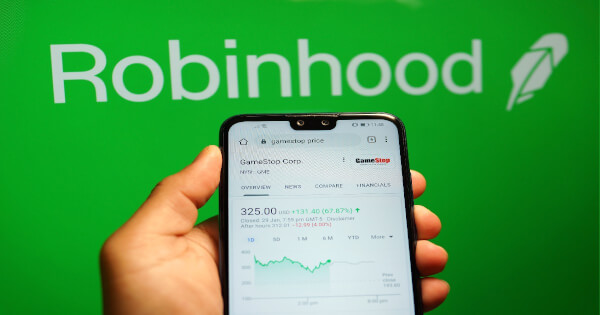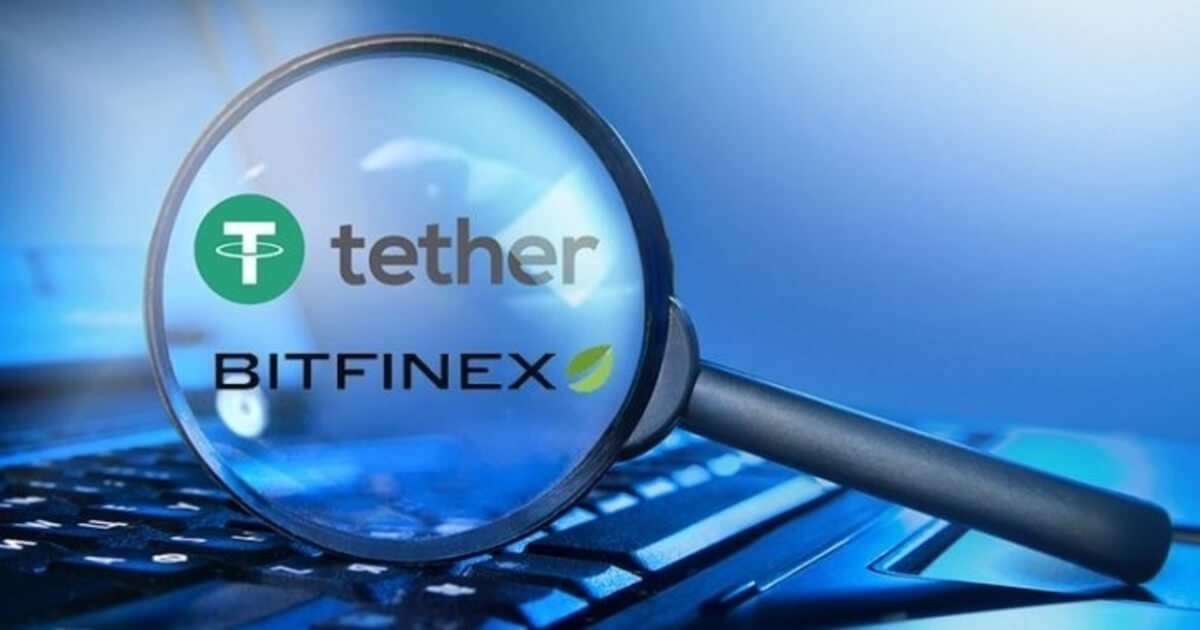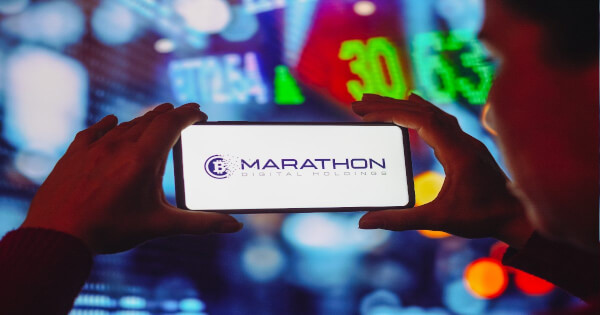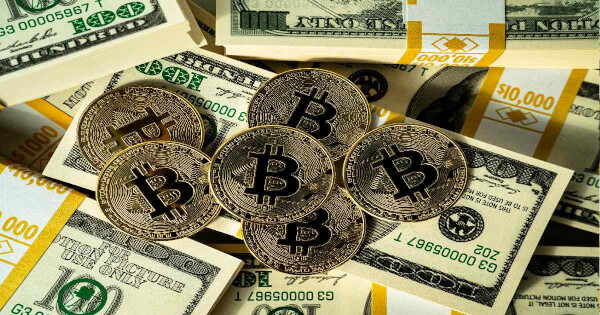Robinhood, a US brokerage platform that makes stock trading and investing easy, on Tuesday added Circle’s USDC stablecoin to its crypto offerings for retail investors.
This move marks USD Coin (USDC) as the first stablecoin available to retail traders on the Robinhood platform. The firm stated that the offering is now available for transactions on Polygon and Ethereum networks, one of the most actively used open-source blockchains.
The inclusion of USDC on Robinhood is a strategy by the platform to set its sights abroad, where the usage of stablecoins is more popular for global users.
USDC is the second largest stablecoins by market capitalization, with a total value of $50.1 billion. Tether is the largest stablecoin whose market cap stands at $68 billion, though it has been losing ground to USDC since the collapse of Terra’s algorithmic UST stablecoin.
As a stablecoin, Robinhood investors won’t be able to net profits on USDC. However, the listing is a target for the company focusing heavily on cryptocurrency expansion.
The support of USDC will enable users to convert their existing stablecoin holdings into cash and use them to buy stocks on Robinhood. The stablecoin will also allow users to convert their cash into non-volatile cryptocurrency without the need to create a brokerage account with another company.
Robinhood launched crypto trading on its platform in 2018. Over time, the firm has been gradually adding more digital assets to its platform. Currently, there are 17 different cryptocurrencies users can trade using Robinhood’s app with the new addition of USDC stablecoin.
Robinhood Listing May Be Good for USDC
USDC stablecoin will significantly benefit from the addition of the Robinhood platform. Robinhood has a huge user demographic (15.9 million active users in 2022), and many of them are less familiar with stable cryptocurrency than popular volatile digital assets like Bitcoin, Ether, and others. The new listing will also help USDC overcome some recent crises facing the stablecoin.
Of late, USDC has been in the media spotlight, which has not been good for its expansion. Early last month, Circle, the company behind the popular dollar-pegged USDC stablecoin, froze 75,000 USDC held by users with ties to Tornado Cash. This came after the U.S. Treasury Department blacklisted the use of Tornado Cash, an open-source project that allows users to hide their transactions.
Currently, users who want to recover their locked USDC in the private transaction application (Tornado Cash) are expected to apply for an OFAC license, authorization from the Office of Foreign Assets Control (OFAC) that would enable them to do so.
Early this month, USDC has also been facing some uncertainty with the Binance crypto exchange. On September 6, Binance announced plans to convert customers’ holdings in rival stablecoins such as USDC into its own stablecoin (BUSD). The move was seen as a way in which Binance tried to scoop USDC market share in favour of its own BUSD stablecoin.
Yesterday, Binance affiliate WazirX, India’s largest cryptocurrency exchange, also announced plans to stop deposits of stablecoins USDC, USDP and TUSD and automatically convert users’ existing balances to Binance’s USD-backed stablecoin BUSD.
Image source: Shutterstock
Credit: Source link




















